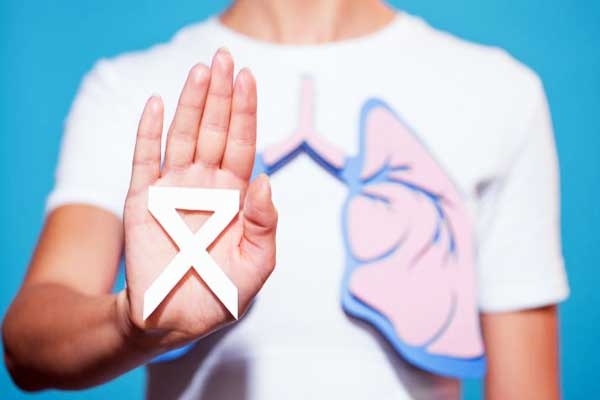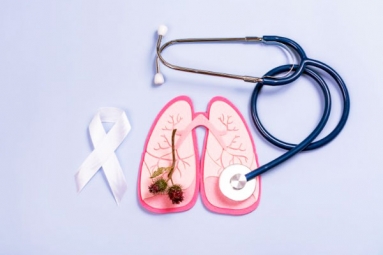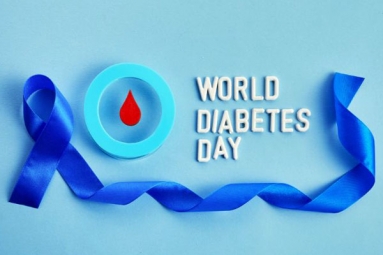
(Image source from: Canva.com)
Lung Cancer Awareness Month is observed each November to raise awareness of lung cancer, promote early detection testing, and support ongoing research and advocacy. Organized by various organizations around the world, it serves as a platform to inform people about risk factors, symptoms and treatment options for lung cancer. This month highlights the importance of early detection, which significantly increases survival rates through a variety of events, social media campaigns and advocacy programs. Lung cancer is one of the most common cancers worldwide, affecting millions of people and families. During Lung Cancer Awareness Month, these people come together to fight the disease. The theme for Lung Cancer Awareness Month 2024 is “Stronger Together: Working Together for Lung Cancer Awareness.” This highlights the important role of community support and collaboration in the fight against lung cancer.
Lung Cancer Awareness Month gained recognition in the early 2000s through initiatives by organizations such as the American Lung Association and the American Lung Cancer Foundation. Advocacy groups and medical experts are calling for more attention to lung cancer, which is often overshadowed by other cancers. Originally a week-long event, as awareness grew, it expanded to a month, allowing for a more comprehensive approach to public education and policy advocacy. The movement began when lung cancer survivors, lung cancer supporters and loved ones came together to reduce the stigma associated with lung cancer and demand more research funding.
The importance of Lung Cancer Awareness Month lies in its role as an effective education and advocacy campaign. Lung cancer is often only diagnosed at an advanced stage and treatment options are more limited. Therefore, early detection and detection are important. This compliance encourages people, especially those at risk, to get checked, learn about symptoms and make lifestyle changes that can reduce their risk. Additionally, Lung Cancer Awareness Month also helps combat the stigma associated with the disease. Although many people primarily associate lung cancer with smoking, the disease can also affect non-smokers.
Here are some tips:
Quitting smoking at any age can significantly reduce the risk of developing lung cancer. Nicotine replacement therapy, counseling and support groups can help you quit smoking.
Exposure to radon, a naturally occurring radioactive gas, can accumulate in homes and workplaces and is a leading cause of lung cancer in non-smokers.
Certain chemicals, such as asbestos and diesel exhaust, increase the risk of lung cancer.
Foods rich in antioxidants, vitamins and minerals help protect the body against cancer.
Get at least 150 minutes of moderate exercise a week, such as brisk walking or cycling.
Limiting alcohol consumption can reduce the risk of cancer.
Although it is impossible to completely avoid air pollution, limiting outdoor activities on days when air pollution is high and using indoor air purifiers can help.
A family history of lung cancer can increase your risk. Knowing this risk factor helps you take preventive measures.
With these preventive measures and lifestyle changes, people can help reduce the risk of developing lung cancer and contribute to the goals of Lung Cancer Month to create a healthy and well-informed society.










